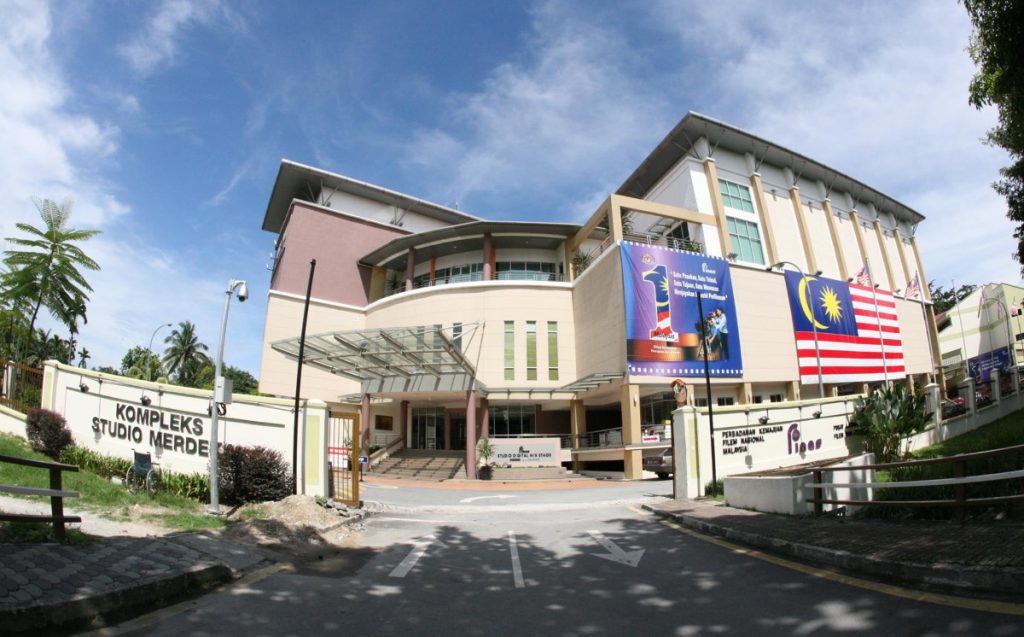The Minister of Communications and Multimedia, Saifuddin Abdullah today has stated that everyone has to obtain permission from the National Film Development Corporation Malaysia (FINAS) for film production regardless of whether they are mainstream media agencies or “personal media”. This applies to even films that are being produced for social media.
The statement was a response to the question from the Kluang MP, Wong Shu Qi during the Dewan Rakyat session at Parliament earlier today which touched on licenses for film productions. Shu Qi then followed up with another question that aimed to seek further clarifications on whether this regulation applies to those who produce films on social platforms such as Instagram TV and TikTok.
However, the answer provided by Minister Saifuddin proved to be rather vague, who cited the definition of “films” from FINAS Act 1981 as well as briefly talking about the digital content initiative that the government offered at the moment such as Digital Content Grant and Film In Malaysia Incentive.
According to the law document [pdf], the term films was defined as:
feature films, short films, short subject films, trailers, documentaries, advertising filmlets and any recording on material of any kind, including video tapes and video discs, of moving images, accompanied or unaccompanied by sound, for viewing by the public or any class of the public;
When the law was implemented in 1981, video recording equipment was not accessible to mass consumers. In fact, the first consumer-grade camcorder, the Sony Betamovie BMC-100P was released only in 1983.
Fast forward to 2020, anyone with a mobile phone can record a video. Furthermore, video contents have already become a staple diet among consumers, thanks to the explosion of social media and digital video depository which goes along with the advancement of technologies within consumer electronic space.
In many ways, what this parliamentary Q&A might have actually overlooked is the differences between the term “films” and “videos” which have a vastly different meaning altogether to the general public. For many of us, films are something that was produced in a more elaborate manner and usually have proper subject, structure, and flow.
On another hand, videos are just clips that we record for our amusement or to share with other people. For some, videos are the products of small-scale content production just like those product unboxing and event recaps that we put up on our YouTube channel as well as Facebook and Instagram.
Meanwhile, applying for film or video production license from FINAS is not exactly an easy task either. There is a long list of requirements that you need to meet including having a paid-up capital of at least RM 50000. In many ways, those requirements alone already set the differences between an actual film production company and those that are doing it for their YouTube channels or social media.
In general, now is a high time for Minister Saifuddin and his colleagues at the Ministry of Communications and Multimedia as well as FINAS and other related government agencies to take a step back and look again at the policy regarding film and video production. For a start, maybe we need a clearer definition of film and video production that is more in line with the progress of digital communications in 2020.
Follow us on Instagram, Facebook, Twitter or Telegram for more updates and breaking news.






